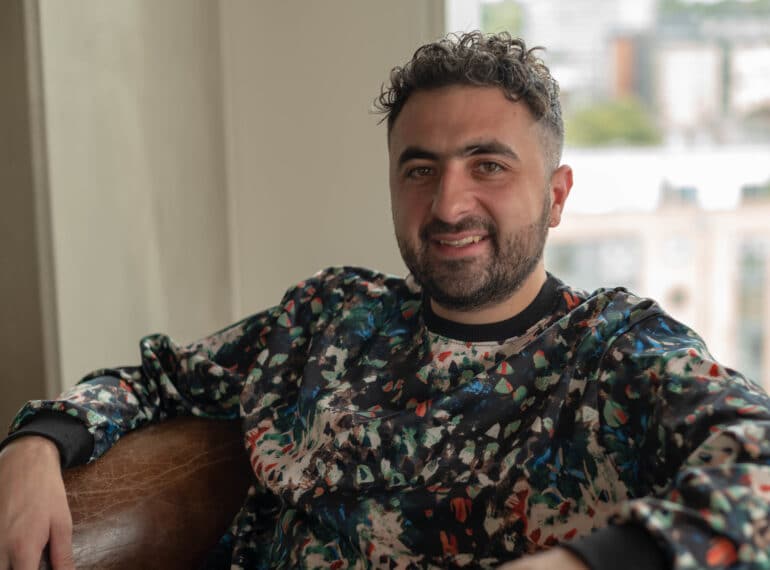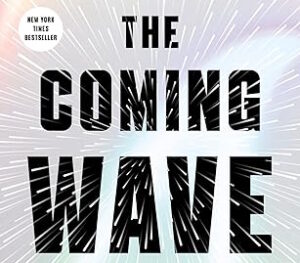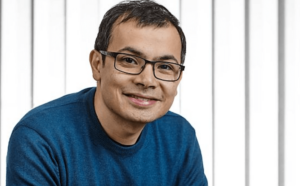AI giants’ warning to the world

Hugely influential OEs Mustafa Suleyman and Demis Hassabis have both spoken of their grave concerns about the risk to humanity posed by AI.
The pair were among the three co-founders of leading AI company DeepMind, formed in 2010. Mustafa (OE 1995–2002) now leads Inflection AI, a California-based ‘public benefit corporation’ that he founded last year, while Demis (OE 1988–1990), remains chief executive at DeepMind, which was acquired by Google in 2014.
 In his new book, The Coming Wave: Technology, Power and the 21st Century’s Greatest Dilemma, Mustafa argues that in the coming decade powerful new technologies will create immense prosperity, but also threaten the nation-state, the foundation of global order.
In his new book, The Coming Wave: Technology, Power and the 21st Century’s Greatest Dilemma, Mustafa argues that in the coming decade powerful new technologies will create immense prosperity, but also threaten the nation-state, the foundation of global order.
During an episode of The Rest is Politics: Leading – a podcast hosted by Alastair Campbell and Rory Stewart – Mustafa spoken about his book, which calls for the “containment” of the new technology with a ten-step plan. He also found time to remember to credit his alma mater: “Attending Queen Elizabeth’s School, Barnet, changed my life.”
For his part, Demis spoke to the Guardian ahead of a recent summit on AI safety hosted by the UK Government. He said the world must treat the risks from AI as seriously as climate change and take immediate action to combat them. International efforts to oversee the industry could start with a body similar to the Intergovernmental Panel on Climate Change, he suggested.
 Demis has long been an influential voice on AI. Through a recent New York Times interview, it emerged that he had left Elon Musk “speechless” in 2012 by pointing out a flaw in Musk’s plans to colonise Mars – the risk that if AI were to surpass human intelligence, it could follow humanity to the red planet and pose a threat there as well.
Demis has long been an influential voice on AI. Through a recent New York Times interview, it emerged that he had left Elon Musk “speechless” in 2012 by pointing out a flaw in Musk’s plans to colonise Mars – the risk that if AI were to surpass human intelligence, it could follow humanity to the red planet and pose a threat there as well.
In the same interview, he related how he had impressed veteran Silicon Valley investor Peter Thiel with his knowledge of chess to win funding for DeepMind. It was the first time Thiel had ever invested outside the US. “He felt the power of Silicon Valley was sort of mythical, that you couldn’t create a successful big technology company anywhere else,” Demis told the interviewer. “Eventually we convinced him that there were good reasons to be in London.”
